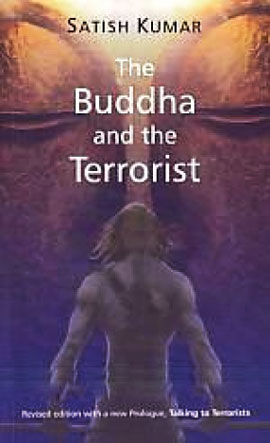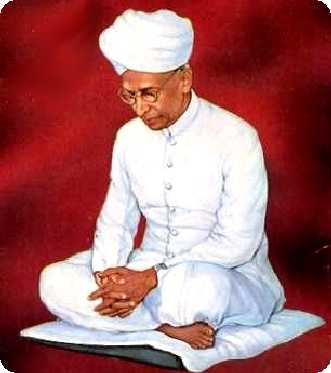In Land of the Seven Rivers, a book on the history of India’s geography by Sanjeev Sanyal, we see a culture valorized for its roots in the rich Buddhist past, peace loving merchants and a civilization that cherishes its universities and places of learning more than palaces and emperors, and of course wars.
Two life-changing events in the history of India are related directly to the destruction of two major universities—Nalanda in the south and Taxila in the north. The progressive flow of culture and all variety of elements related to this ceased to exist in this nation, afterwards. This is direct proof suggesting the significance people of this nation once attributed to universities, peace, and beauty.
A few months ago, in New Delhi, the capital of India, often dubbed as the heart of India, by virtue of its geographical location, an innocent girl was brutally raped in a running bus, at night. Her friend was thrown out of the bus, while the act was going on. Later, the five men including a juvenile, included in that doomed act, threw the girl out of the bus. No one else was inside the bus, except the driver who took part in all this; it was the middle of the night.
The girl did not survive, and the whole world heard about her as the ‘Delhi-girl’ or as some punks nicknamed her, ‘Brave Heart’. The police asserted that the situation is under control, and no other woman would be treated like this anymore, in well-etched television dramas stages under the auspices of the highest authorities in government.
Violence, however, does not understand the language of politics. It has moved from one territory to another, from women all over the country to the general populace. This is big achievement, because now violence has a pan gender constitution, as every human being equally receives the affliction. Recently riots in Uttar Pradesh and the tensions across the border—east and west—are only a few areas where violence has perched and built its nest.
There are those who proclaim themselves as the new Buddha. These people fill primetime television with their words of arguments, promise, and vision. However, these visions are not leading us into peace or prosperity. If one looks deeper for roots of violence, they suck their nutrition right from the younger generation. Schools and colleges propagate the idea that violence is a higher and better way of interpersonal interaction. Our syllabi are stuffed with texts that promote extroversion as the norm of success. Outgoing behavior is prioritized over introversion. This violence is not the implicit one. No one hits or kills another, but the ideas they share through these curriculums nourish the necessary ingredients to build a society violent and anxious.
The struggle of solitude over clamor, the struggle of silence over noise has become India’s current reality. In this struggle though, mercilessly, many are silenced without being given a chance to voice their side. Sadly, only those who can voice out their ideas have the means to maintain and own their space. Nothing is granted anymore. No matter what, everything should be snatched or fought over. In a land where even infants are used for satiation of lust, I can only use metaphors to plead my case. Those who consumed our trust pretending to be the Buddha of technological revolution, smile upon us and prepare to lodge their next strike.






.jpg)


























